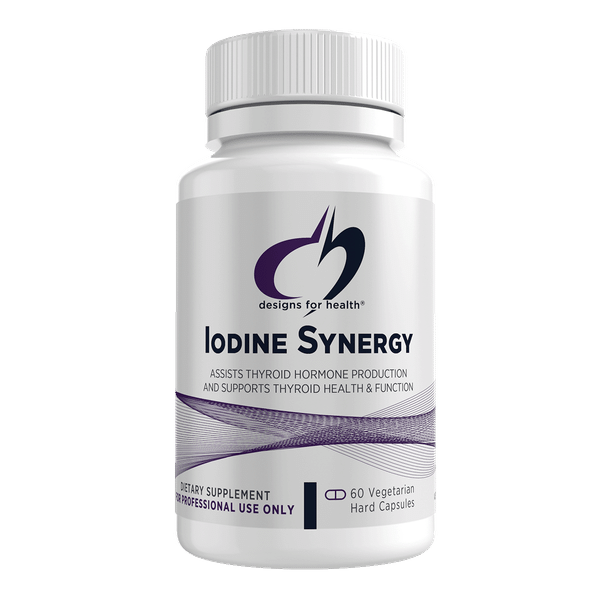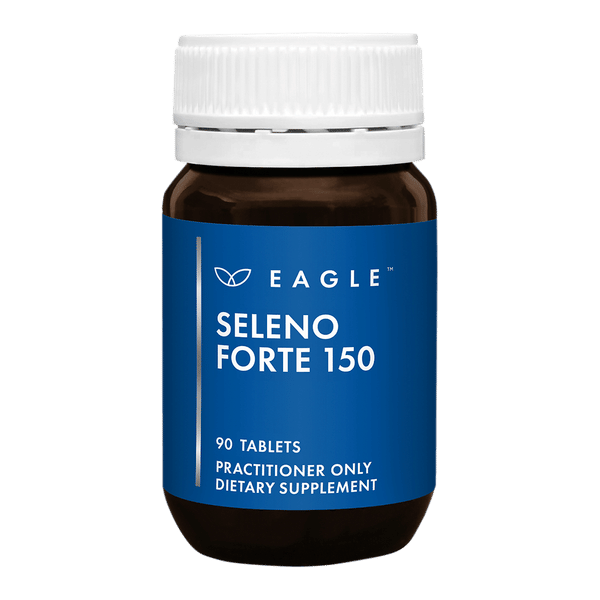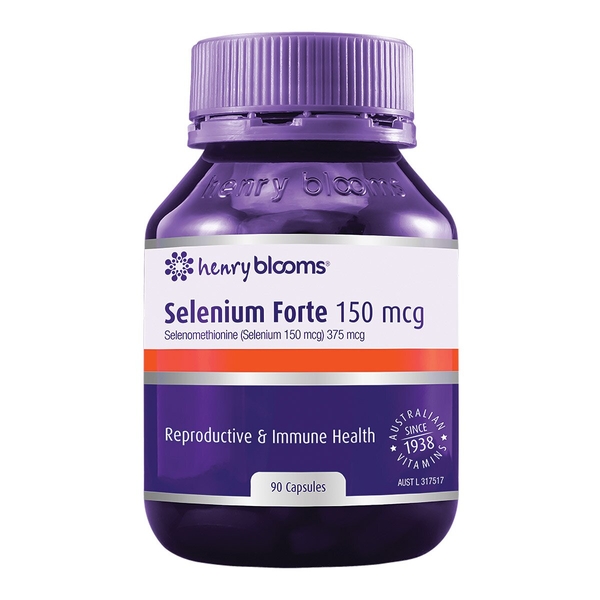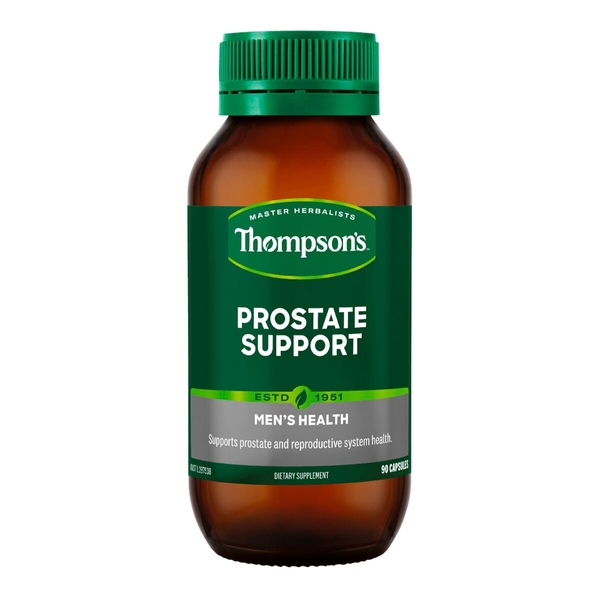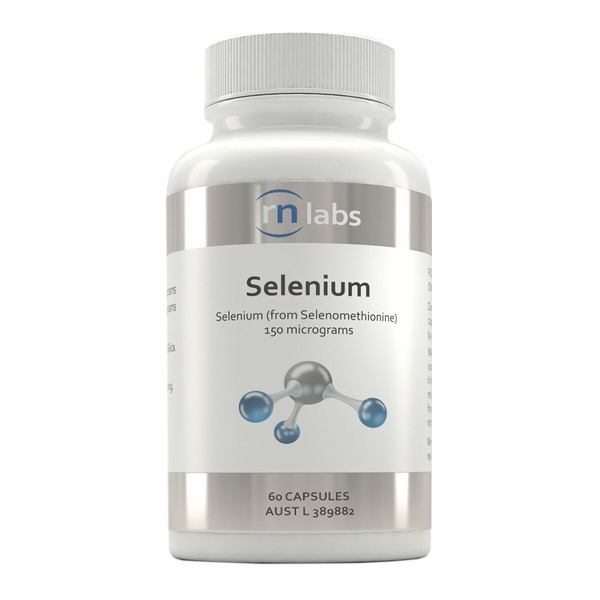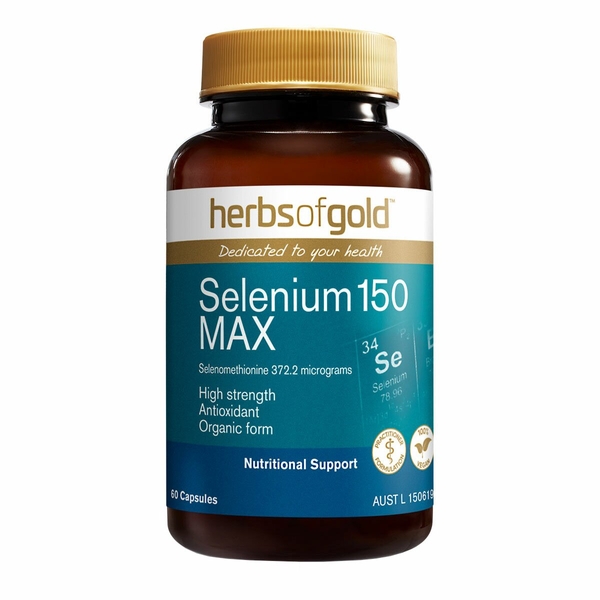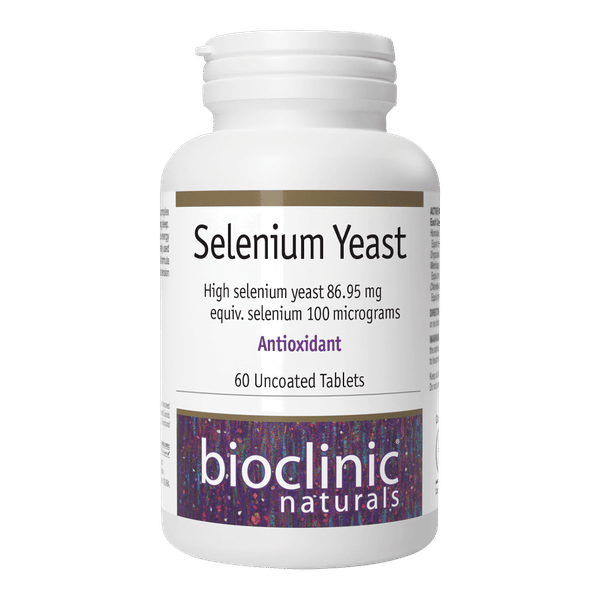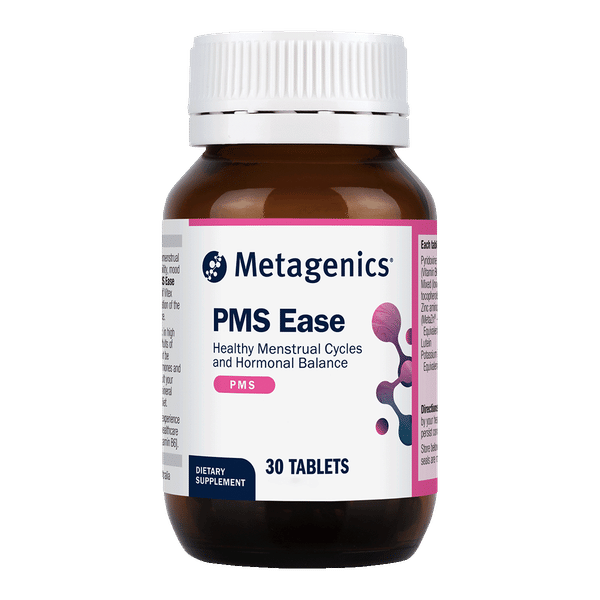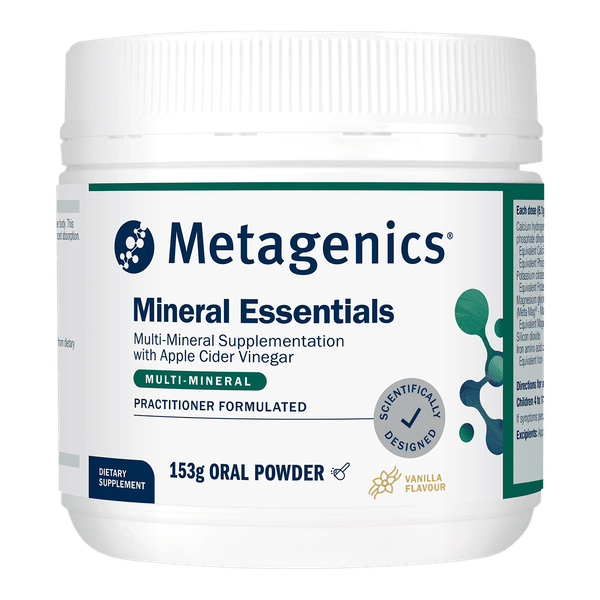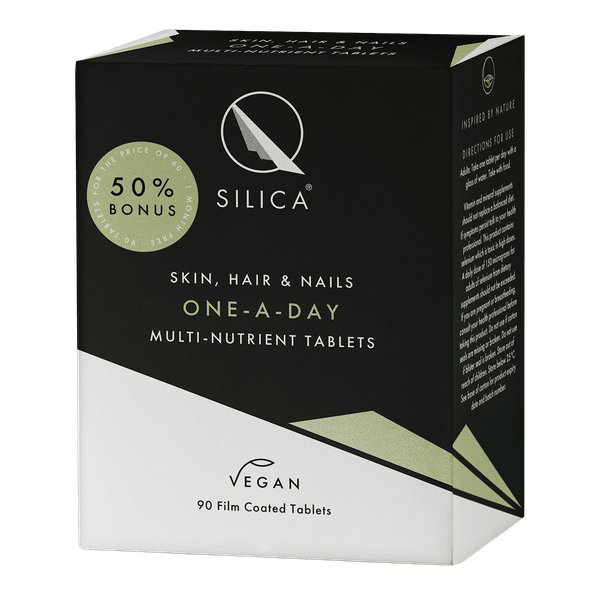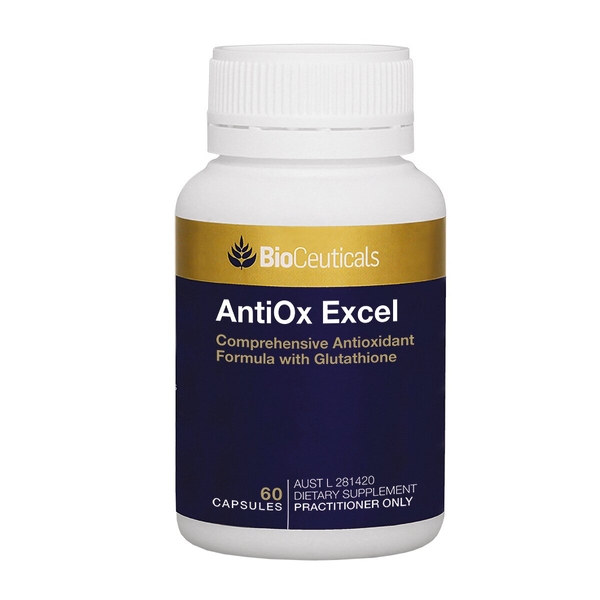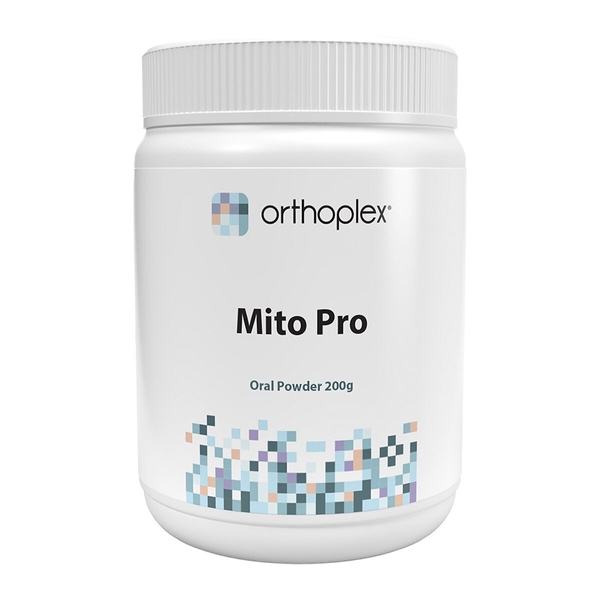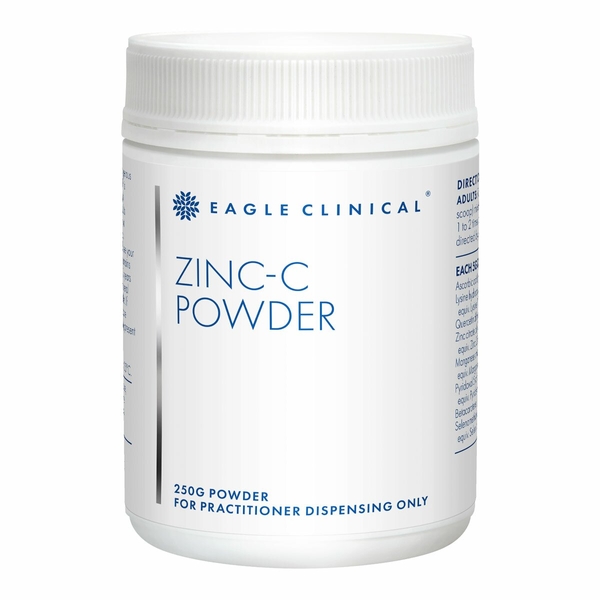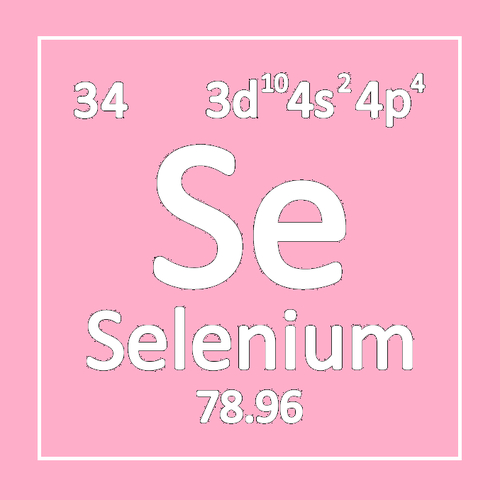
Background
Selenium increases antioxidant effects in the body. Crab, fish, poultry, and wheat are generally good food sources. The amount of selenium in soil varies, and foods grown in different soils have different selenium levels. The Eastern Coastal Plain and Pacific Northwest have the lowest selenium levels in the US.
People commonly use selenium for selenium deficiency and to reduce the risk for high blood pressure during pregnancy. It is also used for prostate cancer, complications from statin drugs, abnormal cholesterol levels, cataracts, and many other conditions, but there is no good scientific evidence to support most of these uses. There is also no good evidence to support using selenium for COVID-19.
Safety Safety definitions
Selenium can cause stomach discomfort, headache, and rash. High doses can cause hair loss, fatigue, nausea, vomiting, and weight loss. Extremely high doses can lead to organ failure and death.
Special Precautions & Warnings:
Pregnancy and breast-feeding: Selenium is possibly safe when used short-term in amounts that are not above 400 mcg daily. Selenium is possibly unsafe when taken by mouth in doses above 400 mcg daily. This dose might cause toxicity.Children: Selenium is possibly safe when taken by mouth appropriately. Selenium seems to be safe when used short-term in doses below 45 mcg daily for infants up to age 6 months, 60 mcg daily for infants 7-12 months, 90 mcg daily for children 1-3 years, 150 mcg daily for children 4-8 years, 280 mcg daily for children 9-13 years, and 400 mcg daily for children age 14 years and older.
Autoimmune diseases: Selenium might stimulate the immune system. People with autoimmune diseases such as multiple sclerosis, systemic lupus erythematosus (SLE), rheumatoid arthritis (RA), and other should avoid taking selenium supplements.
Hemodialysis: Blood levels of selenium can be low in people on hemodialysis. Selenium supplements might be needed for some people.
Under-active thyroid (hypothyroidism): Taking selenium can worsen hypothyroidism, especially in people with iodine deficiency. In this case, you should take iodine along with selenium. Check with your healthcare provider before taking selenium supplements.
Fertility problems in males: Selenium might decrease the ability of sperm to move, which could reduce fertility.
Skin cancer: In people who have had nonmelanoma skin cancer, long-term use of selenium supplements might slightly increase the risk of cancer returning. Avoid long-term use of selenium supplements if you have ever had skin cancer.
Surgery: Selenium might increase the risk of bleeding during and after surgery. Stop taking selenium at least 2 weeks before a scheduled surgery.
Effectiveness
- Selenium deficiency. Taking selenium by mouth is effective for preventing selenium deficiency.
- A disease that causes underactive thyroid (autoimmune thyroiditis). Taking selenium by mouth daily along with thyroid hormone might benefit adults, but not children, with this condition.
- A disorder that affects the bones and joints, usually in people with selenium deficiency (Kashin-Beck disease). Adding salt enriched with selenium to food can prevent Kashin-Beck disease in children. But selenium does not seem to improve joint pain or movement in children with Kashin-Beck disease.
- A pregnancy complication marked by high blood pressure and protein in the urine (pre-eclampsia). Taking selenium 60-100 mcg by mouth daily for up to 6 months during pregnancy might reduce the risk of developing pre-eclampsia.
- Bladder cancer. Taking selenium by mouth doesn't seem to prevent bladder cancer.
- Diabetes. People who eat diets high in selenium and those who take selenium supplements for many years have an increased risk of type 2 diabetes. For people who already have diabetes, taking selenium by mouth does not improve blood sugar levels.
- Asthma. Taking selenium by mouth doesn't seem to help asthma symptoms.
- Eczema (atopic dermatitis). Taking yeast that is enriched with selenium by mouth daily for 12 weeks, alone or with vitamin E, does not improve eczema.
- Heart disease. Taking selenium by mouth doesn't seem to reduce the risk of heart disease.
- Colon cancer, rectal cancer. Taking selenium by mouth doesn't seem to reduce the risk of colon or rectal cancer.
- Abnormal levels of cholesterol or blood fats (dyslipidemia). Taking selenium by mouth does not improve cholesterol levels in people with dyslipidemia.
- Infants born weighing less than 2500 grams (5 pounds, 8 ounces). Giving selenium by mouth or by IV does not appear to reduce the chance of death in low birth weight infants. IV products can only be given by a healthcare provider.
- Lung cancer. Taking selenium by mouth, alone or with other nutrients, does not reduce the risk of lung cancer. But it might benefit people with low selenium levels.
- Nonmelanoma skin cancer. Taking selenium by mouth doesn't reduce the risk of getting a certain type of skin cancer called basal cell carcinoma. In fact, taking extra selenium might actually increase the risk of getting another type of skin cancer called squamous cell carcinoma.
- Prostate cancer. Taking selenium by mouth does not reduce the risk of getting prostate cancer.
- Scaly, itchy skin (psoriasis). Taking yeast enriched with selenium by mouth daily does not reduce symptoms of psoriasis.
- Blood infection (sepsis). Giving selenium along with other nutrients by IV does not reduce the risk of death in people with sepsis. IV products can only be given by a healthcare provider.
Dosing & administration
Interactions with pharmaceuticals
Birth control pills (Contraceptive drugs)
Interaction Rating=Minor Be watchful with this combination.
Taking birth control pills might increase blood levels of selenium. But it's not clear if this is a real concern.
Medications that decrease the immune system (Immunosuppressants)
Interaction Rating=Moderate Be cautious with this combination.
Selenium can increase the activity of the immune system. Some medications, such as those used after a transplant, decrease the activity of the immune system. Taking selenium along with these medications might decrease the effects of these medications.
Medications that slow blood clotting (Anticoagulant / Antiplatelet drugs)
Interaction Rating=Moderate Be cautious with this combination.
Selenium might slow blood clotting. Taking selenium along with medications that also slow blood clotting might increase the risk of bruising and bleeding.
Niacin
Interaction Rating=Moderate Be cautious with this combination.
Taking niacin along with the drug simvastatin can increase good cholesterol levels. Taking niacin plus simvastatin along with selenium and other antioxidants can decrease the effects of niacin and simvastatin on good cholesterol levels. It is unknown if selenium alone decreases the effects of niacin plus simvastatin on good cholesterol levels.
Sedative medications (Barbiturates)
Interaction Rating=Moderate Be cautious with this combination.
Selenium might reduce how quickly the body breaks down sedative medications. Taking selenium with these medications might increase the effects and side effects of these medications.
Warfarin (Coumadin)
Interaction Rating=Moderate Be cautious with this combination.
Selenium might slow blood clotting. Selenium might also increase the effects of warfarin in the body. Taking selenium along with warfarin might increase the chances of bruising and bleeding.
Interactions with herbs & supplements
Copper: Selenium might increase how quickly the body removes copper. Taking selenium might reduce copper levels in the body.
Herbs and supplements that might slow blood clotting: Selenium might slow blood clotting and increase the risk of bleeding. Taking it with other supplements with similar effects might increase the risk of bleeding in some people.
Niacin: Niacin can increase good cholesterol levels. Taking selenium along with beta-carotene, vitamin E, and vitamin C might decrease the effects of niacin on good cholesterol levels. It is not known if selenium alone decreases the effects of niacin on good cholesterol levels.
Omega-3 fatty acids: Taking selenium with omega-3 fatty acids might reduce how much selenium the body absorbs.
Vitamin C: Taking vitamin C might affect how much selenium the body absorbs from some supplements. But it's unlikely that this is a big concern.
Zinc: Zinc might make it more difficult for the body to absorb selenium from food.
Interactions with foods
Products
View all products- Selenomethionine
- Schisandra chinensis
- Berberis vulgaris
- Cynara scolymus
- Silybum marianum
- Passionfruit
- Citrus limon (Lemon)
- Piper nigrum
- Zingiber officinale
- Camellia sinensis
- Beta vulgaris
- Ribes nigrum
- L-glutamine
- L-glycine
- L-methionine
- Zinc gluconate
- Taurine
- Choline bitartrate
- Pyridoxine hydrochloride (Vitamin B6)
- Folic acid
- Cyanocobalamin (Vitamin B12)
- Apple pectin
- Riboflavin (Vitamin B2)
- Natural flavours
- Rosmarinus officinalis
- Echinacea angustifolia
- Malpighia glabra
- Curcuma longa
- L-cysteine
- Oryza sativa (Rice hulls)
- Silicon dioxide
- Punica granatum
- Vaccinium corymbosum (fruit) powder
- Sodium selenite
- Whey protein concentrate
- Whey protein isolate
- Soy lecithin
- Theobroma cacao (Cocoa powder)
- Medium Chain Triglycerides (powder) (MCT)
- Calcium phosphate dibasic
- Flavour
- Magnesium citrate
- Cyamopsis tetragonoloba (Guar gum)
- Calcium citrate
- Zinc gluconate
- Ascorbic acid (Vitamin C)
- Beta-carotene carotenoids (Vitamin A)
- Chromium chloride
- Ferrous fumarate
- d-alpha-Tocopheryl acetate
- Calcium pantothenate (Vitamin B5)
- Riboflavin (Vitamin B2)
- Thiamine hydrochloride (Vitamin B1)
- Cyanocobalamin (Vitamin B12)
- Biotin
- Potassium iodide
- Sodium molybdate
- Niacinamide (Vitamin B3)
- Copper sulfate
- Manganese citrate
- Cholecalciferol
- Folic acid
- Pyridoxine hydrochloride (Vitamin B6)
- Selenomethionine
- Pea protein isolate 8.3 g
- Lactobacillus acidophilus 1.58 billion CFU
- Bifidobacterium bifidum 1.58 billion CFU
- Marine algae 500 mg
- Linum usitatissimum (seed) (Flaxseed) 250 mg
- Sunflower lecithin 200 mg
- Spinacia oleracea (Spinach) 100 mg
- Beta vulgaris (root) powder (Beetroot) 100 mg
- Daucus carota powder (Carrot) 100 mg
- Arthrospira platensis (Spirulina) 100 mg
- Wheatgrass powder 100 mg
- Zingiber officinale powder 40 mg
- Ribes nigrum powder 200 mg
- Vitis vinifera powder 200 mg
- Malpighia glabra powder 100 mg
- Lycium chinese powder 100 mg
- Vaccinium myrtillus powder 100 mg
- Bacopa monnieri powder 50 mg
- Taraxacum officinale powder 30 mg
- Malus (fibre) powder (Apple) 587 g
- Apple pectin 200 mg
- Plantago ovata (husk) (Psyllium) 100 mg
- Citric acid anhydrous 150 mg
- Citrus bioflavonoids extract 70 mg
- Ananas comosus (Bromelain) 30 mg
- R,S-alpha lipoic acid 20 mg
- Beta glucan 11.5 mg
- Dunaliella salina 8 mg
- Lutein 2 mg
- Zeaxanthin (Carotenoids) 400 µg
- Natural chocolate flavour
- Potassium phosphate dibasic
- Calcium citrate
- Ascorbic acid (Vitamin C)
- Zinc gluconate
- d-alpha-Tocopheryl acid succinate (Vitamin E)
- Thaumatin
- Nicotinamide (Vitamin B3)
- Manganese gluconate
- D-calcium pantothenate (Vitamin B5)
- Tocopherols concentrate - mixed (Vitamin E)
- Retinyl palmitate
- Riboflavin (Vitamin B2)
- Thiamine hydrochloride (Vitamin B1)
- Pyridoxine hydrochloride (Vitamin B6)
- Folate
- Chromium picolinate
- Cholecalciferol
- Fucus vesiculosus powder 97 mg
- Stevia rebaubiana powder
- Phytomenadione (Vitamin K1)
- Copper gluconate
- Calendula officinalis powder
- Biotin
- Cyanocobalamin (Vitamin B12)
- Theobroma cacao powder 2.1 g
- Brassica oleracea var. italica powder 100 mg
- Carica papaya 50 mg
- Hordeum vulgare 100 mg
- Natural vanilla flavour
- Magnesium gluconate
- Menaquinone 7 (Vitamin K2)
- Selenomethionine
- Pea protein isolate
- Malus (Apple)
- Apple pectin
- Arthrospira platensis (Spirulina)
- Linum usitatissimum (seed) (Flaxseed)
- Sunflower lecithin
- Marine algae
- Wheatgrass powder
- Beta vulgaris (root) powder (Beetroot)
- Brassica oleracea var. italica (Broccoli)
- Chlorella pyrenoidosa powder
- Spinacia oleracea (Spinach)
- Daucus carota powder (Carrot)
- Zingiber officinale
- Glycyrrhiza glabra (root)
- Cynara scolymus
- Ribes nigrum
- Vitis vinifera
- Malpighia glabra
- Vaccinium myrtillus
- Camellia sinensis
- Rosa canina
- Centella asiatica
- Silybum marianum
- Rhodiola rosea
- Rosmarinus officinalis
- Withania somnifera
- Taraxacum officinale
- Lycium chinese (berry)
- Citric acid anhydrous
- Citrus bioflavonoids extract
- R,S-alpha lipoic acid
- Beta glucan
- Ubiquinol-10 (Coenzyme Q10)
- Dunaliella salina
- Lactobacillus acidophilus
- Bifidobacterium bifidum
- Potassium phosphate dibasic
- Magnesium citrate
- Ascorbic acid (Vitamin C)
- Natural vanilla flavour
- Natural pineapple flavour
- Zinc citrate
- Tocopherols concentrate - mixed (Vitamin E)
- D-calcium pantothenate (Vitamin B5)
- Nicotinamide (Vitamin B3)
- Pyridoxine hydrochloride (Vitamin B6)
- Retinyl palmitate
- Cholecalciferol
- Copper gluconate
- Thiamine hydrochloride (Vitamin B1)
- Riboflavin (Vitamin B2)
- Folate
- Chromium picolinate
- Panax ginseng
- Fucus vesiculosus
- Stevia rebaubiana (leaf)
- Phytomenadione (Vitamin K1)
- Biotin
- Cyanocobalamin (Vitamin B12)
- Lentinula edodes (fruiting body)
- Ulmus rubra (bark inner) powder
- Hordeum vulgare
- Plantago ovata (husk) (Psyllium)
- Theobroma cacao
- Tocopherols concentrate - mixed (Vitamin E)
- Astragalus membranaceus
- Manganese gluconate
- Menaquinone 7 (Vitamin K2)
- Fallopia japonica
- Amylase enzyme
- Protease
- Lipase
- Cellulase
- Lactase
- Euterpe oleracea (berry) ext. (Acai)
- Bacopa monnieri
- Salvia officinalis
- Vaccinium macrocarpon
- Nutritional yeast flakes (Dried yeast)
- Beta-carotene
- Malpighia glabra (berry)
- Vitamin E
- Lentinula edodes equiv. vitamin D
- Psidium guajava
- Laminaria digitara
- Lentinula edodes equiv. vitamin B12
- Sunflower seed
- Organic Rice Starch
- Organic Acacia Fibre
- Arthrospira maxima powder (Spirulina)
- Natural pineapple flavour
- Organic Apple Juice
- Bambusa breviflora
- Stevia rebaubiana
- Luo Han Guo (fruit) ext. (Monk fruit)
- Organic Sea Mineral Complex (Calcium & Trace Minerals)
- Organic Vitamin B Complex (Vitamins B1, B2, B3, B5, B6, B9)
- Yeast 125 mg equiv. selenium 150 μg
- Potassium iodide 391.1 μg equiv. iodine 299 μg
- L-tyrosine 500 mg
- Selenomethionine 250 μg equiv. selenium 100 μg
- Vitex agnus-castus ext. 44 mg
- Withania somnifera ext. 180 mg
- Zingiber officinale ext. 25 mg
- Pyridoxine hydrochloride (Vitamin B6) 50 mg equiv. pyridoxine 41.14 mg
- Tocopherols concentrate - mixed (low-alpha type) 50 mg
- Lutein 5 mg
- Potassium iodide 196 μg equiv. iodine 150 μg
- Zinc bisglycinate (Zinc amino acid chelate) 125 mg equiv. zinc 25 mg
- Selenomethionine 250 µg equiv. selenium 100 µg
- Calcium hydrogen phosphate dihydrate 1.4 g equiv. calcium 325 mg equiv. phosphorus 251 mg
- Potassium citrate 415 mg equiv. potassium 150 mg
- Magnesium bisglycinate 1.5 g equiv. magnesium 150 mg
- Zinc bisglycinate (Zinc amino acid chelate) 50 mg equiv. zinc 10 mg
- Silicon dioxide 50 mg
- Manganese amino acid chelate 31 mg equiv. manganese 5 mg
- Borax 8.8 mg equiv. boron 1 mg
- Potassium iodide 196 µg equiv. iodine 150 µg
- Molybdenum trioxide 180 µg equiv. molybdenum 120 µg
- Chromium nicotinate 500 µg equiv. chromium 50 µg
- Iron bisglycinate 50 mg equiv. iron 10 mg
- Selenomethionine 248.6 μg equiv. selenium 100 μg
- Reynoutria japonica ext. 225 mg
- Zinc citrate dihydrate 15.6 mg equiv. zinc 5 mg
- Total Vitamin C 152.9 mg
- Calcium ascorbate dihydrate (Vitamin C) 125.5 mg equiv. ascorbic acid 103.7 mg
- Ascorbyl palmitate (Vitamin C) 45 mg equiv. ascorbic acid 19.1 mg
- Ascorbic acid (Vitamin C) 30.1 mg
- Beta-carotene carotenoids (Vitamin A) 2.7 mg
- Reduced glutathione 50 mg
- Vitis vinifera ext. 60.4 mg
- Silybum marianum ext. 18.8 mg
- Vaccinium myrtillus ext. 1 mg
- Retinol acetate 300 μg equiv. vitamin A 261 μg RE
- Riboflavin (Vitamin B2) 5 mg
- Nicotinamide (Vitamin B3) 20 mg
- R,S-alpha lipoic acid 20 mg
- Lycopersicon esculentum (Tomato) 8.3 mg equiv. lycopene 500 μg equiv. fresh fruit 2.9 g
- Palm tocotrienols complex (Vitamin E) 20 mg equiv. mixed tocopherols 900 μg
- Selenomethionine 248 μg equiv. selenium 100 μg
- Levocarnitine (L-carnitine) 2 g
- Acetyl levocarnitine hydrochloride (Acetyl-L-carnitine) 1 g
- Ubidecarenone (Coenzyme Q10) 100 mg
- Zinc citrate dihydrate 79.87 mg equiv. zinc 25 mg
- Turnera diffusa ext. 300 mg
- Ascorbic acid (Vitamin C) 1 g
- Magnesium citrate 1.91 g equiv. magnesium 310 mg
- Alpha lipoic acid 50 mg
- Palm tocotrienols complex (Vitamin E) 5 mg
- Thiamine nitrate (Vitamin B1) 100 mg equiv. thiamine 81.04 mg
- Riboflavin 5-phosphate sodium (Activated B2) 20 mg
- Nicotinamide (Vitamin B3) 50 mg
- Calcium pantothenate (Vitamin B5) 150 mg equiv. pantothenic acid 137.44 mg
- Biotin 500 μg
- Calcium folinate (Activated folate) 216 μg equiv. folinic acid 200 μg
- Pyridoxine hydrochloride (Vitamin B6) 20 mg equiv. pyridoxine 16.48 mg
- Pyridoxal 5-phosphate monohydrate (P5P) 10 mg equiv. pyridoxine 6.4 mg
- Mecobalamin (Vitamin B12) 200 μg
- Selenomethionine 200 μg equiv. selenium 75 μg
- Ascorbic acid (Vitamin C) 1 g
- Zinc citrate dihydrate 80 mg equiv. zinc 25 mg
- Lysine hydrochloride 1.25 g equiv. lysine 1 g
- Quercetin dihydrate 100 mg
- Manganese amino acid chelate 25 mg equiv. manganese 5 mg
- Pyridoxal 5-phosphate monohydrate (P5P) 39.2 mg equiv. pyridoxine 25 mg
- Beta-carotene carotenoids (Vitamin A) 2 mg

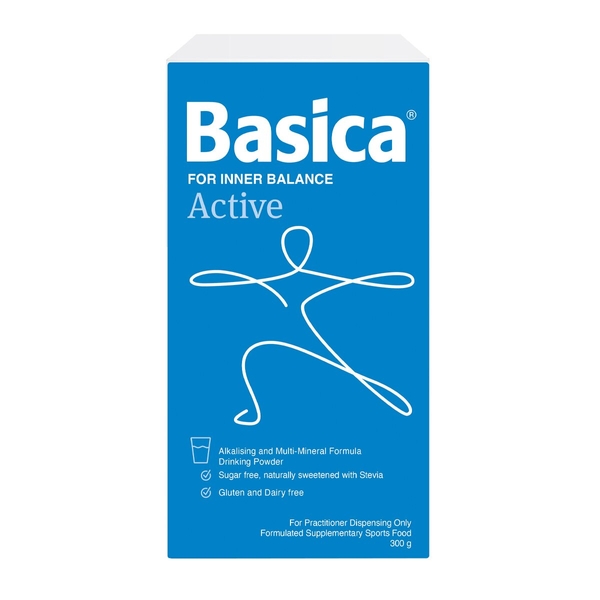
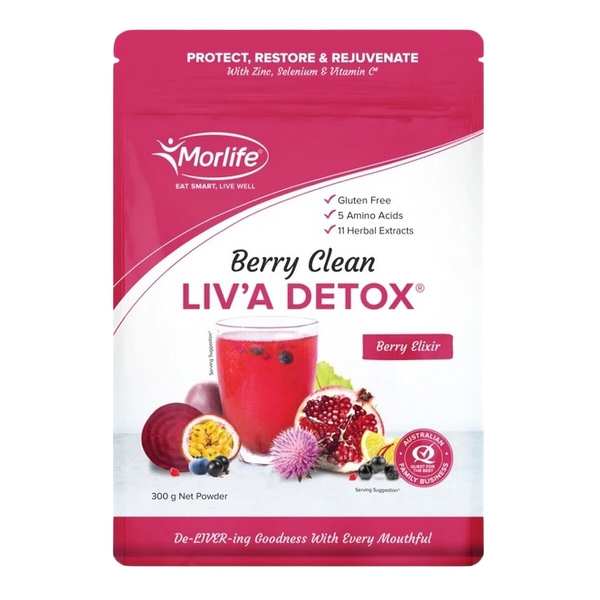
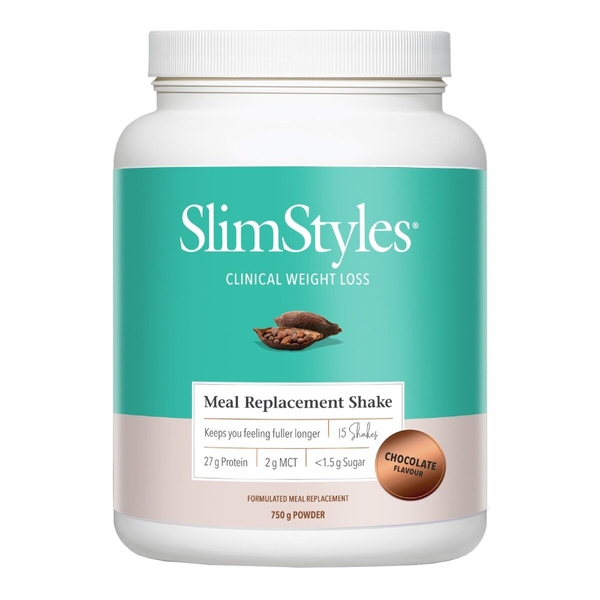
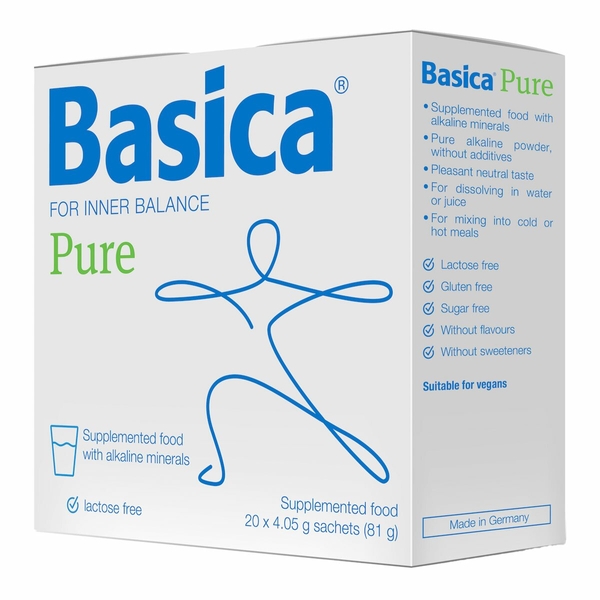
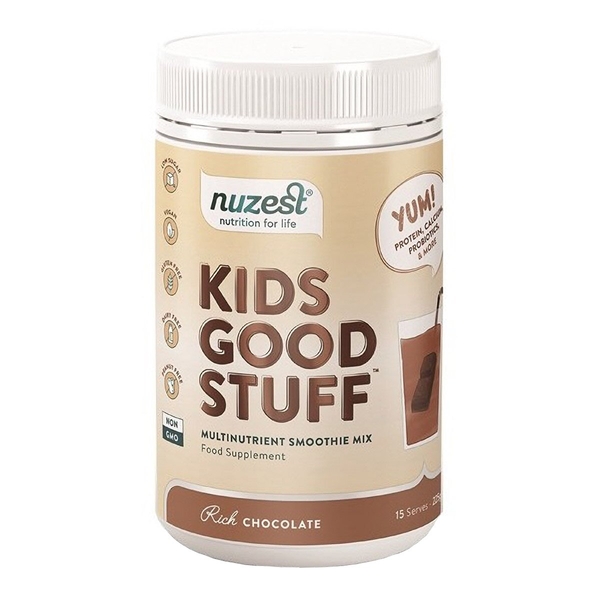
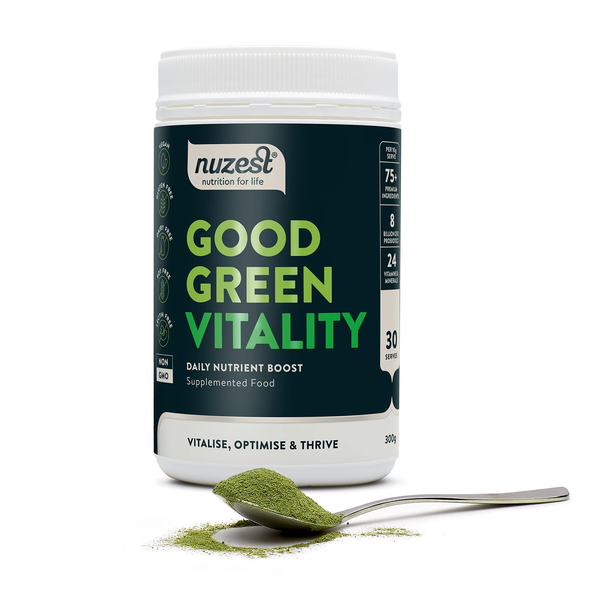
.png)
